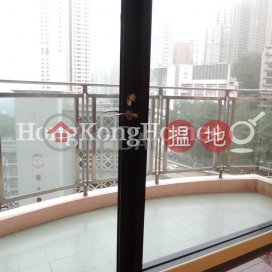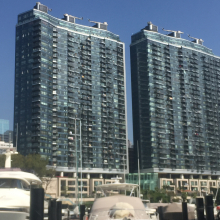- Hong Kong Island
- Kowloon
- New Territories
- Outlying Islands
More Filters
Views
Include
Find residential flats, apartments & houses to rent or buy - search on OneDay

Ka Ning MansionAberdeen
HK$ 6.4MHK$ 6.48M
GFA 758'SFA 647'
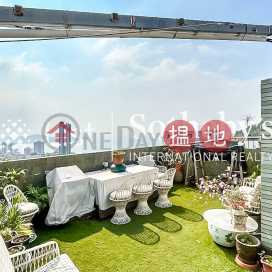
Greenery GardenPok Fu Lam
HK$ 21.5M
GFA 1,279'SFA 1,045'
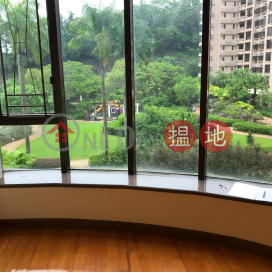
Grand Palisades Block 5Tai Po
HK$ 11.5MHK$ 12M
GFA 1,230'SFA 968'
Hot Listings for Residential Properties
RENTAL Causeway Bay
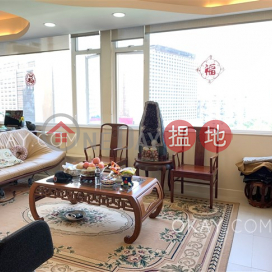
Causeway Bay - Bay View Mansion
SFA 1,144'[Not Verified]
HK$ 58,000 / monthHK$ 63,000 / month
SALE Mid Levels West
RENTAL Ngau Tau Kok

Ngau Tau Kok - Grand Central Phase 2 Tower 3
SFA 592'
HK$ 26,800 / monthHK$ 25,800 / month
SALE Stubbs Roads
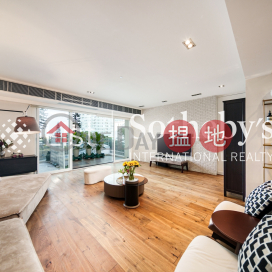
Stubbs Roads - Villa Monte Rosa
GFA 2,800'SFA 2,471'
HK$ 58.8MHK$ 70M
SALE Tin Shui Wai
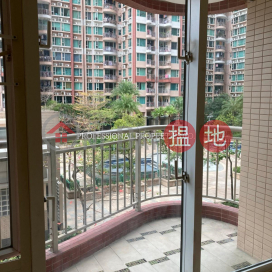
Tin Shui Wai - Central Park Towers Phase 1 Tower 6
GFA 658'SFA 502'
HK$ 5M
RENTAL Sham Shui Po
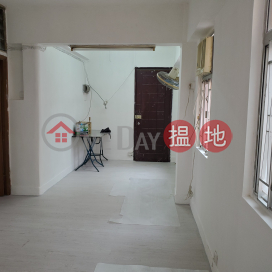
Sham Shui Po - Nam Wan Building
GFA 460'SFA 396'
HK$ 8,800 / monthHK$ 9,000 / month
RENTAL Tai Wai
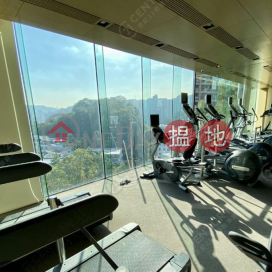
Tai Wai - Peak One Phrase 2 Sky One
GFA 525'SFA 415'
HK$ 16,800 / month
RENTAL Kowloon City
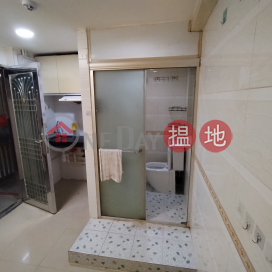
Kowloon City - Block A Lomond Garden Mansion
GFA 150'SFA 102'
HK$ 4,300 / month
Hong Kong Property Market Forecast for 2025
2024 was a year that witnessed a total of 67,979 transactions for the year which is a significant improvement from 2023. Largely thanks to the lifting of the government's special stamp duty (SSD) which penalised overseas buyers and buyers who bought and sold their properties quickly this brought back an uptick in the number of transations. The lifting of the SSD was expected to reverse the slide in property prices yet residential properties dropped still dropped almost 10% in the last 12 months. To most in the industry it won't be looked upon as an easy year for the overall sector.
Read More
